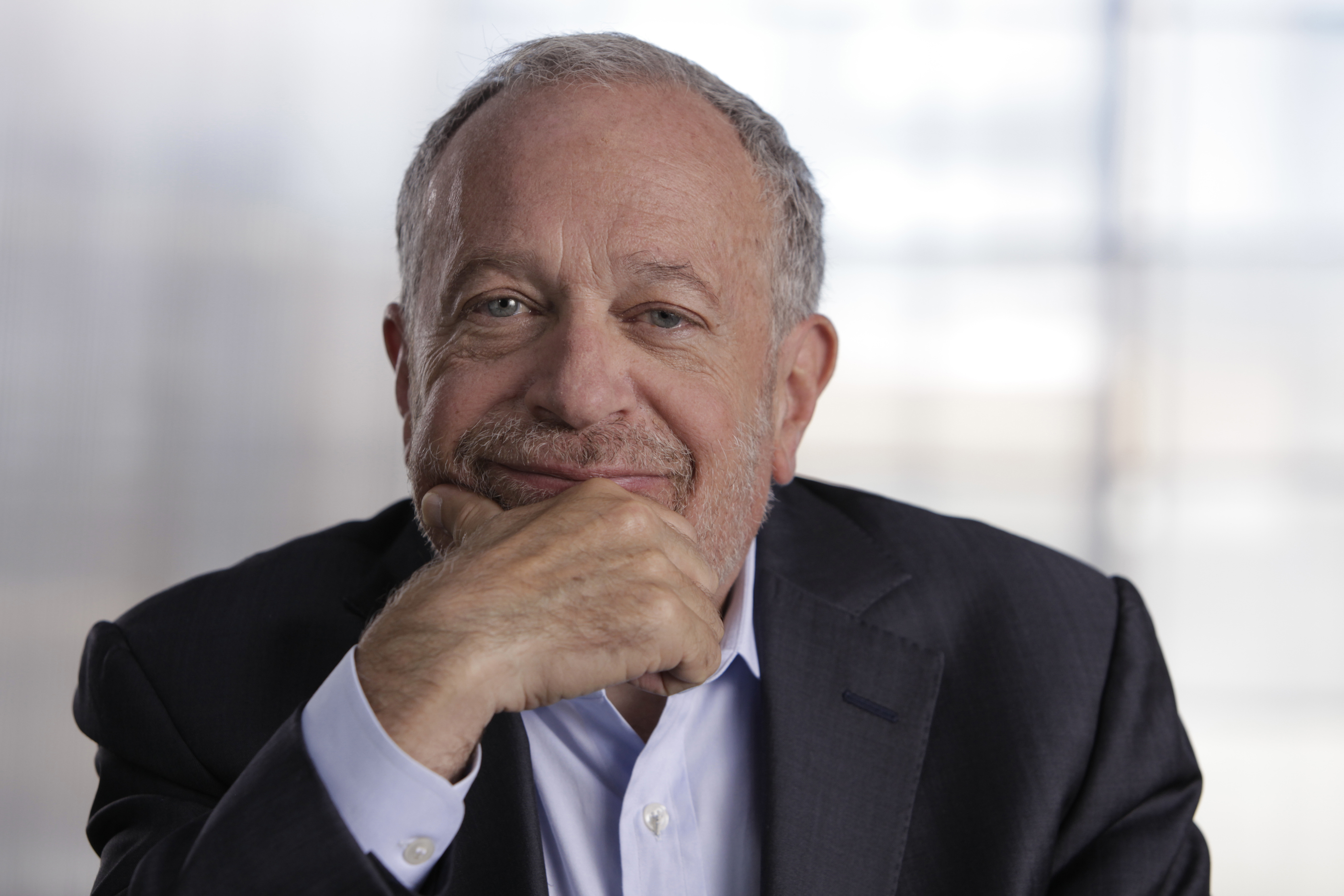The Great Divide

ABOVE: ROBERT REICH
When political economist Robert Reich was approached about making a documentary about systemic U.S. income inequality, even he knew he was pushing the limits of America’s appetite for wonky, educational, and vaguely Al Gore-inspired entertainment. But after director Jacob Kornbluth convinced him to get on board, Reich, who served as Labor Secretary in the Clinton administration, began framing his life’s research into Inequality for All. In theaters this week, the film is a compelling, hopeful, and surprisingly funny movie that examines the roots of America’s income gap while offering real prescriptions for change. We spoke with Reich about the challenges of making a movie about the economy, his faith in economic progress, and what he thinks President Obama could have done differently to facilitate economic change.
LUCY MADISON: Tell me how this project came about. Why did you decide to make it, and did you worry about taking on a subject that’s so inherently academic?
ROBERT REICH: Inequality in America continues to widen. And although the public’s attention is focused on the issue periodically, there’s really very little public understanding of what’s going on: Why income inequality continues to widen, and why it’s a danger to the economy and our democracy. Jake Kornbluth, a young director, came to me and suggested that we do a movie. I was initially skeptical, because I couldn’t see how this complicated issue could be dramatized and made interesting for the public. But Jake had a lot of ideas, and we tried various things. Ultimately I suggested that Jake come to my class, Wealth and Poverty, at the University of California, Berkeley. Jake has no background in economics, and neither did his crew or many of my students—so they were all a proving ground. I thought that if I could get through to all of them, and get them excited, then we were on the right track. And it worked. Eventually the magic started to happen.
MADISON: What do you hope to achieve from the film? Who were you trying to reach?
REICH: Our hope is that the movie serves as an important vehicle for helping the public understand what’s happening with the economy, and that it also stimulates action. We’re trying to reach everybody. This is bread-and-butter economics—the most basic set of issues that anybody faces. It’s important for people to see that this inequality is systemic—that the problem is the way we’ve organized ourselves, and that can be changed. I want people to understand that an economy is really a bunch of rules. And we can change those rules if they’re not working for most people. And they aren’t.
It’s also important that wealthy people understand that they would do better with a smaller share of a rapidly growing economy than a large share of one that is growing painfully slowly. This is not a matter of taking money out of their pockets and giving to the middle-class and poor. It’s not a matter of redistribution. Everybody can do better.
MADISON: You endorsed President Obama and served on his transition team, but I didn’t see much in the documentary to suggest you think his economic policies have created the changes you’re looking for.
REICH: They’re much too little. We didn’t get into this in the film, because I didn’t want to politicize it. My personal view is that the new health care law is a step in the right direction, but in many ways the nation is sliding backwards. Our schools are in worse condition, many of them, than they were 10 or 15 years ago, particularly schools in the lower middle-class and poor communities.
I don’t blame Obama, per se. He faces a very, very difficult political situation. But one of the big advantages a president has is in shaping the debate, enabling people to see what’s at stake. He came into office with a huge economic problem bordering on a crisis, which is both the best and worst time to make permanent changes in the economy: It’s the best time because you have the public’s attention, and the worst because you’ve got to do some things in the short-term that make rain of the political capital you’ll need for doing big stuff in the long-term. And that’s pretty much what happened. Obama got a large stimulus package, he continued the Wall Street bailout of the Bush administration, and he had enough political capital left to do health care but little else.
MADISON: You’ve expressed some misgivings about President Clinton’s lean toward the right, at least in terms of economic policy, after you left his administration. If he had set a different precedent in the ’90s, and pushed harder for the economic reforms you sought, would we be living in a different economy right now?
REICH: I think that Clinton was certainly moving in the right direction. But we didn’t do enough. My frustration both inside the administration and after I left was that there were steps in the right direction, but that they were not nearly bold enough to change the underlying structural trends of the economy. Like Obama, I think that Bill Clinton could have spent more political capital on bolder strokes and on helping people understand the big picture. There’s no substitute for an informed public, and on these issues—why are wages stagnating? Why is inequality widening? Why aren’t I getting ahead? Why do I worry that my kids wont get ahead?—people need to understand the way the system works and how it doesn’t work.
But I’ve never been President, and I will never be President. The forces and the responsibilities operating on these people are huge. It’s difficult for me to second-guess them. That’s why both in my writing and also in the movie, we don’t take on individual politicians. It’s not a mater of criticizing individuals; it’s a matter of helping people connect the dots so that they can exercise their own critical thinking about economic policy.
I’m optimistic. Women are gaining economic and political power; Latinos and African-Americans are gaining economic and political power; and young people, who are much more open and willing to consider different economic possibilities, are gaining political power as well. My students keep me optimistic. They’re idealistic, they’re funny, and they want to change the world. So it’s hard not to be optimistic.
INEQUALITY FOR ALL IS OUT TOMORROW, SEPTEMBER 27.






